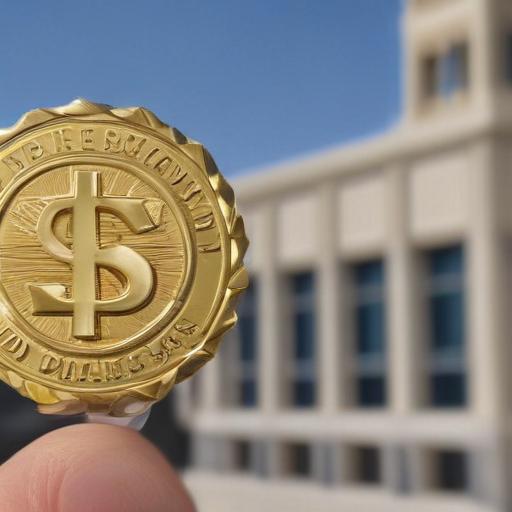The President of Venezuela, Nicolás Maduro, addressed his supporters on July 28, 2025, during a rally commemorating the anniversary of his controversial re-election and the birthday of the late former leader Hugo Chávez in Caracas.
Recently, the U.S. government announced that it will double the reward for Maduro’s arrest to $50 million. He is accused of being one of the world’s biggest drug traffickers and allegedly collaborating with cartels to flood the United States with cocaine mixed with fentanyl. Pamela Bondi, the Justice Secretary, stated in a video that under President Trump’s leadership, Maduro “will not escape justice” and will be held accountable for his crimes.
Maduro was formally charged in a federal court in Manhattan in 2020, during Trump’s first term, on federal narcoterrorism and conspiracy charges. At that time, the U.S. offered a reward of $15 million for his capture. The Biden administration later increased this amount to $25 million, which is the same sum that was offered for the capture of Osama bin Laden after the September 11 attacks.
Despite this substantial reward, Maduro continues to hold power, having defied the U.S., the European Union, and several Latin American governments that deemed his 2024 re-election fraudulent and recognized his opponent as the legitimate president of Venezuela.
The White House recently struck an agreement to secure the release of ten Americans imprisoned in Caracas in exchange for Venezuela accepting dozens of migrants deported by the U.S. to El Salvador under the Trump administration’s immigration crackdown. Shortly after, Washington reversed its stance and allowed the U.S. oil company Chevron to resume drilling in Venezuela after previously imposing sanctions preventing operations in the country.
Bondi noted that the Justice Department has seized over $700 million in assets linked to Maduro, including two private jets, and asserts that seven tons of cocaine have been directly traced to the Venezuelan leader.
In response to the increased reward, Venezuelan Foreign Minister Yván Gil called it “pathetic” and accused Bondi of orchestrating a “crude political propaganda operation,” dismissing her statements as desperate attempts to distract from her own controversies.
This evolving situation highlights the ongoing tensions between the U.S. and Venezuela, with Maduro remaining steadfast in his position despite international pressure and legal challenges. The continuous accumulation of evidence and substantial rewards for his arrest may indicate a growing resolve by the U.S. to hold Maduro accountable for drug trafficking and other allegations. Nevertheless, the political landscape remains complex and deeply divided in Venezuela, as Maduro’s government navigates its relations with both domestic and international entities.
